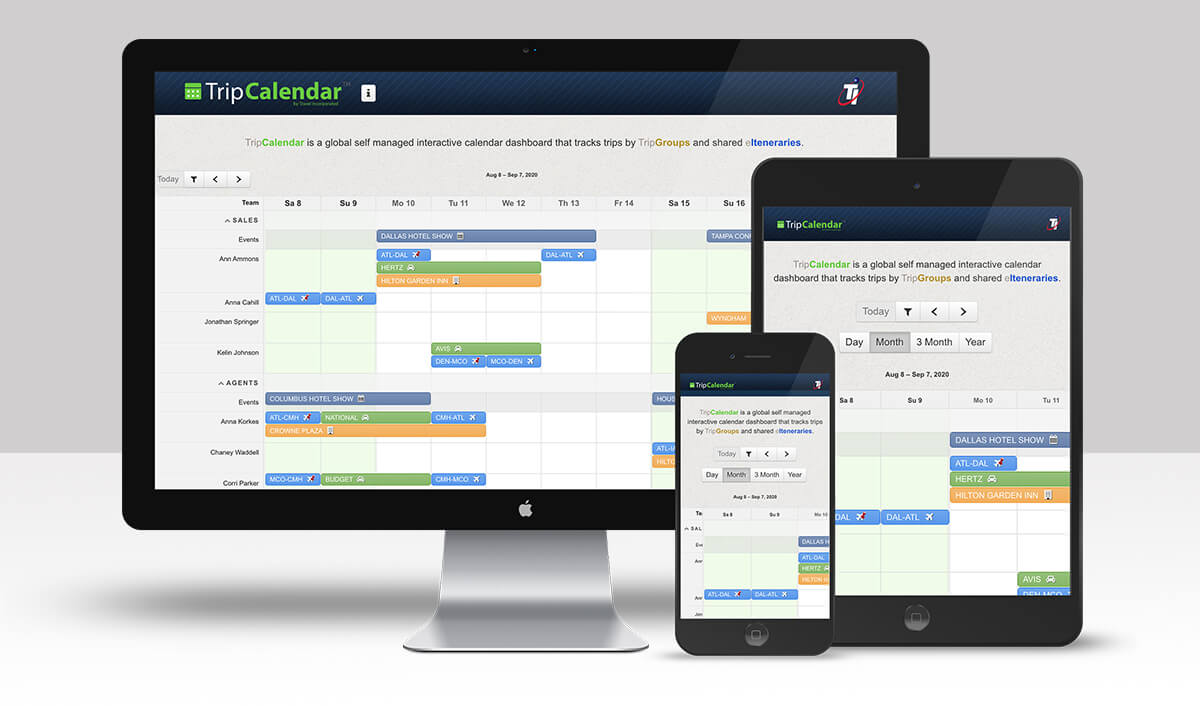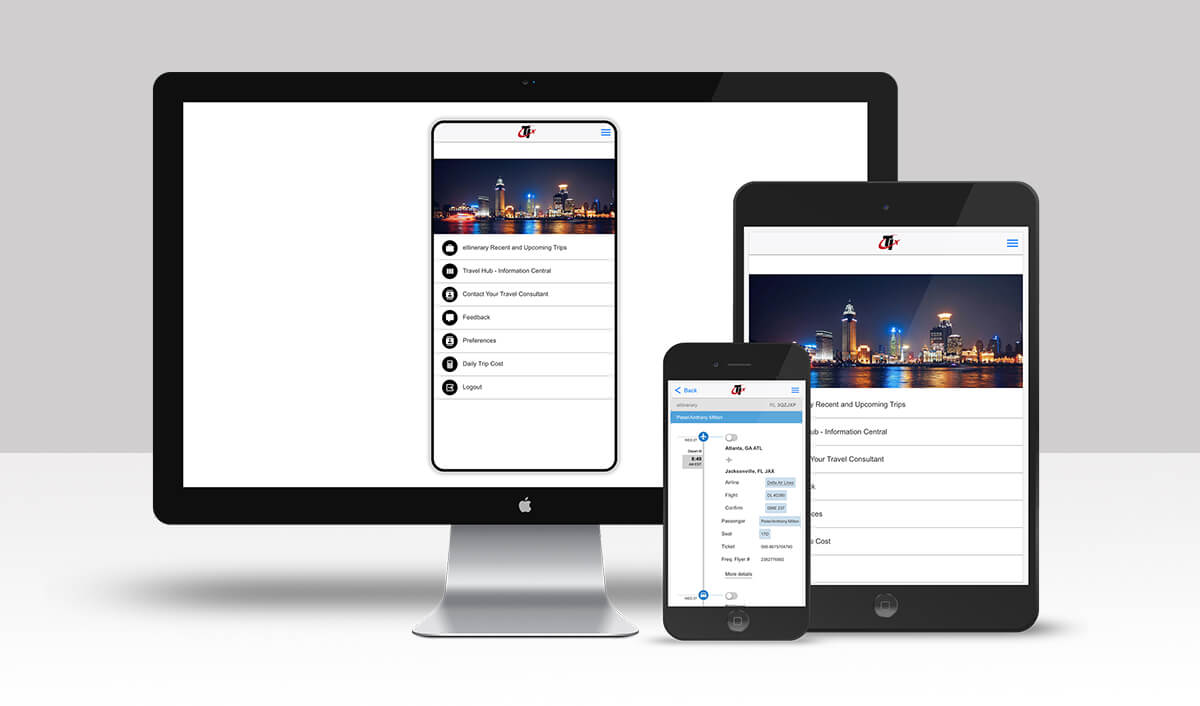
How to Run Your Own Podcast
By Joseph Park
More than ever before, podcasting is incredibly easy to accomplish. It takes only a few seconds to access one of a dozen free tools that will record audio and upload it to your website. The key is to establish a solid outline of content and good technical tools to record quality audio.
Recording the Podcast
First, you should know how to record a good Podcast. You'll need quality tools that will allow you the freedom to record audio in your own house. It may seem like just another simple Podcast, but people expect to hear you, not your washing machine, so having the right mic and software is important.
One of my tools of choice is the Technical Pro Podcast System (or the Digidesign Mbox for those who can afford something a bit higher end). This standalone recording system will reduce feedback and ambient noise that is unavoidable with a plugin microphone.
It is possible to record your podcast with a standard microphone as well, but don't expect the world's best audio as a result. Sometimes, when starting, this may be necessary, but upgrade as soon as possible to a higher quality, standalone audio device.
Regarding software, there are a number of desktop audio recording software programs that can create MP3s for uploading. My favorites include Audacity (which is free) or Adobe's Audition 3 Suite (quite a bit more expensive).
For an extremely simple option, however, consider one of the many browser based services that can create a podcast and syndicate it at once. Blogtalkradio allows you to record a Podcast with your phone or upload your own MP3 (created with your standalone system).
Other sites with similar services include Gcast.com, Wild Voice Shout, and Podcast Assistant (a desktop tool that creates the XML that will broadcast your Podcast).
What to Have in a Podcast
The hardest part for many people I think, is actually getting a good Podcast in place that listeners will return to on a weekly basis. You don't need iTunes distribution or a major website portal to get those listeners.
You just need quality content that people need to hear. Below are some tips for what listeners will return for repeatedly.
* Interviews - Whenever you can interview an expert in your field, listeners will tune in to listen. It can be hard, especially early in your career, to lean these big interviews, but try to build a relationship early and you'll benefit substantially from it.
* Specific Tips - Offer specific, detailed tips and strategies, not rehashes of things people have heard before. Many times Podcasts are audio versions of free reports floating around the Internet. Develop better, more consistent tips that will deliver value to your readers.
* Questions Answered - Interaction is the key to engaging your listeners. The easiest way to interact is to solicit questions and answer them every week. Leave an email address or a phone number that they can call them in on.
* News Updates - Don't just report news in your niche -discuss how it affects listeners. For example if you're in the solar energy niche and a new system is released by a major company, with higher output ratings, discuss how this can affect someone's home solar system.
The key to a good Podcast is to offer something unique and engaging that your listeners couldn't get by reading your blog or articles. Be entertaining, provide regular value, and update frequently (consistency is very important here), and your podcast will deliver exactly what your listeners are looking for.
7 Branding Secrets
Every company has a brand (how people think of them) whether they created it through design or accident. By creating your brand through design, you shape the way you wish your company...
 TripCalendar
TripCalendar TI Mobile Demo
TI Mobile Demo Challenge Coin
Challenge Coin